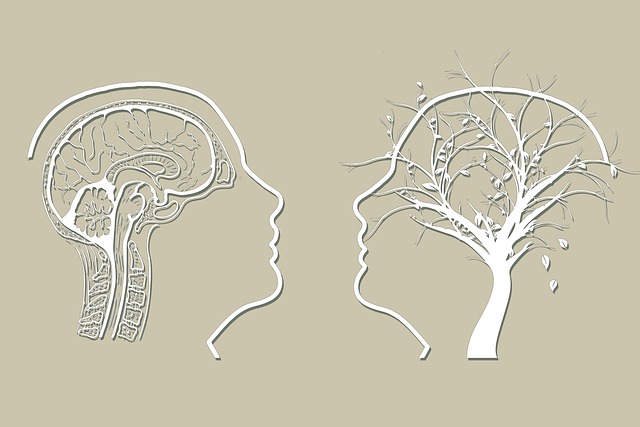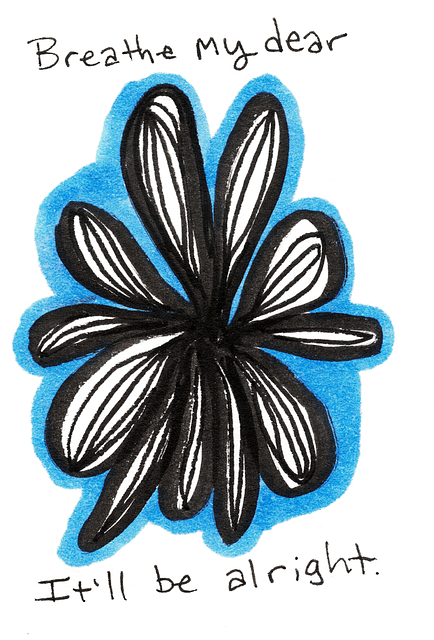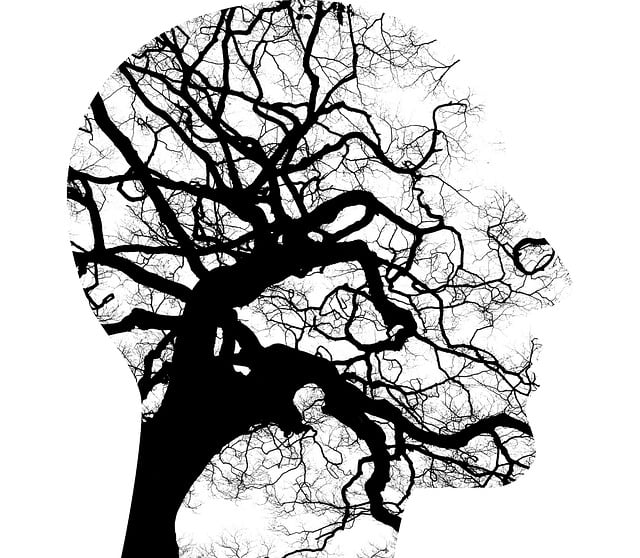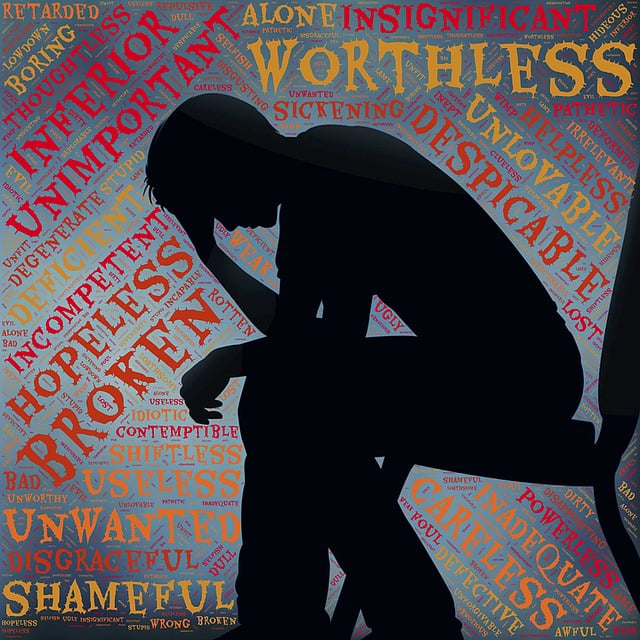Community outreach programs like Centennial First Responders Therapy play a crucial role in addressing mental health needs, especially among trauma survivors. They provide crisis intervention guidance and accessible services, reduce stigma, and encourage early emotional well-being support. Effective implementation requires strategic planning, cultural sensitivity, and strong Mental Health Policy Advocacy. By engaging local residents through social media, events, workshops, and podcasts, these programs foster connections, break down barriers, and promote mental wellness. Continuous improvement strategies based on data analysis ensure the program's long-term relevance and positive outcomes.
Community outreach programs play a pivotal role in fostering resilience and healing within affected areas. This article delves into the strategic implementation of such initiatives, focusing on Centennial First Responders Therapy as a model for effective community engagement. We explore key aspects from understanding the local need to measuring impact, offering practical guidance for designing and promoting accessible therapy services. By adopting continuous improvement strategies, these programs can provide lasting support and enhance community well-being.
- Understanding the Need for Community Outreach Programs
- Designing Effective Centennial First Responders Therapy Initiatives
- Implementing and Promoting Engagement with the Community
- Measuring Impact and Continuous Improvement Strategies
Understanding the Need for Community Outreach Programs

In many communities, there’s a growing need for initiatives that address the well-being of residents, especially those who have experienced traumatic events or suffer from mental health challenges. This is where community outreach programs, such as Centennial First Responders Therapy, step in to fill a crucial gap. Such programs recognize that emotional healing processes are integral to building resilient and harmonious communities. By providing accessible crisis intervention guidance and support for individuals and families, these initiatives aim to foster an environment where mental health is prioritized and managed effectively.
The implementation of community outreach programs is all the more important considering the widespread impact of trauma and mental health issues. They offer a safe space for individuals to learn mood management techniques, share their experiences, and connect with peers who understand their struggles. This supportive network not only aids in recovery but also encourages open conversations about mental health, reducing stigma and promoting early intervention for those in need.
Designing Effective Centennial First Responders Therapy Initiatives

Implementing effective Centennial First Responders Therapy initiatives requires a strategic approach that goes beyond traditional crisis intervention. It involves tailoring support services to meet the unique needs of first responders, who often face significant mental health challenges due to their high-stress roles. A robust Mental Health Policy Analysis and Advocacy framework should guide these initiatives, ensuring comprehensive coverage and access to care.
Cultural Sensitivity in Mental Healthcare Practice is a critical aspect that must be incorporated into the design and delivery of therapy programs. Recognizing and addressing the diverse cultural backgrounds and experiences of first responders can significantly enhance the effectiveness of interventions. Crisis Intervention Guidance plays a pivotal role in equipping these professionals with the necessary tools to recognize and respond to mental health crises appropriately, fostering a supportive environment both within their ranks and within the broader community they serve.
Implementing and Promoting Engagement with the Community

Implementing community outreach programs like Centennial First Responders Therapy is a powerful way to foster engagement and connection with local residents. By offering mental health support and wellness initiatives, organizations can break down barriers and reduce the stigma associated with seeking therapy. This strategy targets not only individuals in need but also strengthens the overall community fabric.
Promoting these programs effectively involves utilizing various channels, including social media, local events, and partnerships with healthcare providers. A well-planned marketing campaign can highlight the benefits of such initiatives, such as Burnout Prevention Strategies for Healthcare Providers and Mental Illness Stigma Reduction Efforts. For instance, a series of engaging workshops or a Mental Wellness Podcast Series Production can attract and educate the community, fostering open conversations about mental health. These efforts ensure that resources are not only accessible but also embraced by the community they serve.
Measuring Impact and Continuous Improvement Strategies

Measuring the impact of community outreach programs like Centennial First Responders Therapy is a vital step in understanding their effectiveness and identifying areas for improvement. Organizations should employ data-driven methods to assess how these initiatives resonate with participants, focusing on both short-term outcomes and long-term behavioral shifts. This involves tracking key performance indicators (KPIs) such as attendance rates, satisfaction surveys, and the adoption of self-care practices among beneficiaries. By quantifying these metrics, community leaders can gain valuable insights into what works well and where adjustments are needed.
Continuous improvement strategies should be woven into the fabric of program design. Utilizing feedback mechanisms and adaptive evaluation techniques allows for real-time refinement based on participant experiences. Encouraging open dialogue fosters a culture of resilience building and mind over matter principles, ensuring that outreach efforts remain relevant and impactful. Through iterative processes, community organizations can enhance their programs, better serve their target audiences, and ultimately drive more positive outcomes.
Community outreach programs, such as the implementation of Centennial First Responders Therapy initiatives, are essential for fostering healing and resilience within communities. By understanding local needs, designing tailored programs, encouraging engagement, and continuously evaluating impact, organizations can create sustainable positive change. These efforts not only support individuals affected by trauma but also strengthen the overall well-being of the community. Through collaborative partnerships and evidence-based practices, significant improvements in mental health services can be achieved, leaving a lasting, positive legacy.














